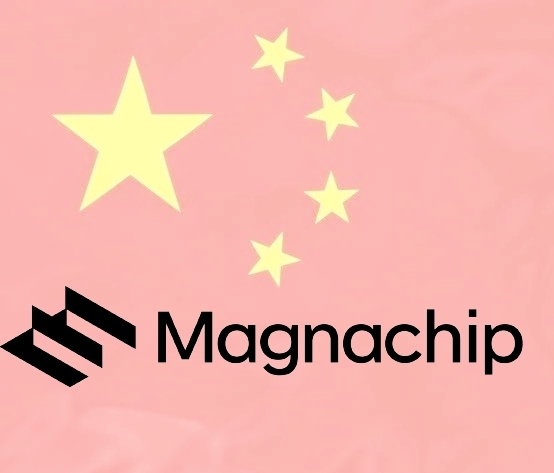
The U.S. Treasury Department said the sale of Magnachip Semiconductor Corp. to a Chinese private equity firm poses “risks to national security,” as Chinese investments in critical technologies meet with enhanced U.S. scrutiny, EpochTimes reports.
Magnachip, a South Korean producer for display and power chips, sold its controlling stake in late March to Chinese private equity firm Wise Road Capital in an all-cash deal worth about $1.4 billion. Since then, regulatory authorities in countries including the United States and South Korea have been reviewing the deal.
On Aug. 27, The Committee on Foreign Investment in the United States (CFIUS), the U.S. interagency panel overseen by the Treasury Department that scrutinizes foreign deals for national security implications, sent a letter to Magnachip saying it has “identified risks to the national security of the United States arising as a result of the Merger,” and would seek President Joe Biden’s decision on the issue, the company disclosed in its latest filing with the U.S. Securities and Exchange Commission (SEC). CFIUS added that it has not identified measures that “adequately mitigate the identified risks.”
Over the past few years, concerns from the U.S. security panel and U.S. presidents have caused several proposed semiconductor deals to be dropped.
In 2018, the CFIUS blocked a $580 million sale of U.S. semiconductor testing company Xcerra Corp to a Chinese state-backed semiconductor investment fund, Hubei Xinyan.
In 2017, former U.S. President Donald Trump blocked a Chinese-backed private equity firm from buying Lattice Semiconductor Corp, a chipmaker based in Oregon.
After the Magnachip deal was announced in March, South Koreans began a petition to the government objecting to the merger. It collected 33,451 signatures over a month. Magnachip said it was assessing its next steps, but cannot give assurance that it would agree to proposals that would facilitate clearance by CFIUS, the company’s filing said.
